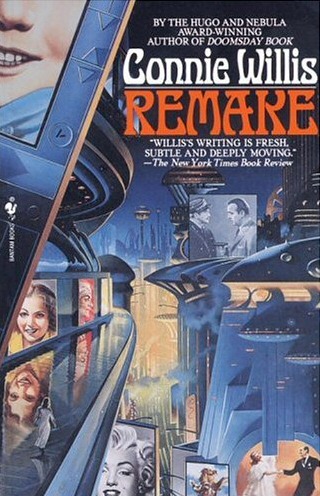The Life Aquatic with Steve Zissou (2004) wasn’t made for you; it was made for me. I mean two things by this overly possessive and hyperbolic assertion: first, hardly anyone seems to appreciate the film. This is one of the great film-reception tragedies of the past decade—a perplexing case that may take a lifetime to redress. Second, the film altered the trajectory of my life. This is another hyperbole within the first one—a recursion of exaggerations—but it rings true as tidy autobiography. To wit: my first analysis of the film helped me earn admission to UCLA’s Cinema and Media Studies program, for which I am eternally grateful.
 So it’s no surprise that I’m taking the publication of an academic article I wrote on the film—and the release of Anderson’s latest effort, Moonrise Kingdom—as occasion to inaugurate this blog (if that’s what this is). My analysis of The Life Aquatic draws on my abiding interest in how Anderson appropriates the aesthetics of other media forms (e.g., live theater in Rushmore, the novel in The Royal Tenenbaums) and puts them on the screen, motivating his forays into stylized, artificial art direction narratively through a series of creator-protagonists. At the level of story, I’m drawn to The Life Aquatic for the tension between Zissou’s soured idealism and the colorful, idiosyncratic world of his imagination—a world that lingers only by inertia. At the level of media production and reception, I’m fascinated by what the fiction of The Life Aquatic has to say about reception of the “real” documentary film in general, and the nature/explorer film in particular. Hence, the following article:
So it’s no surprise that I’m taking the publication of an academic article I wrote on the film—and the release of Anderson’s latest effort, Moonrise Kingdom—as occasion to inaugurate this blog (if that’s what this is). My analysis of The Life Aquatic draws on my abiding interest in how Anderson appropriates the aesthetics of other media forms (e.g., live theater in Rushmore, the novel in The Royal Tenenbaums) and puts them on the screen, motivating his forays into stylized, artificial art direction narratively through a series of creator-protagonists. At the level of story, I’m drawn to The Life Aquatic for the tension between Zissou’s soured idealism and the colorful, idiosyncratic world of his imagination—a world that lingers only by inertia. At the level of media production and reception, I’m fascinated by what the fiction of The Life Aquatic has to say about reception of the “real” documentary film in general, and the nature/explorer film in particular. Hence, the following article:
‘This is an adventure’: The Life Aquatic with Steve Zissou and the spectacle of nature documentary, New Review of Film and Television Studies (March 2012)
From my abstract: Director Wes Anderson’s film The Life Aquatic with Steve Zissou (2004) appropriates the life and work of ocean explorer and documentary filmmaker Jacques-Yves Cousteau to fashion the story of an adventure filmmaker adrift in his life and art. In drawing on a real, external referent in Cousteau’s documentary legacy, Anderson’s reflexivity reaches out of its normally hermetic shell to dramatize – and problematize – the production and reception of the nature documentary. The Life Aquatic’s fiction can productively be read as a literal and metaphorical exploration of issues related to documentary as co-constituted by viewer consciousness, and as a commentary on our own expectations and desires in looking at animals through nature documentary.
A special thank you to editor Warren Buckland for publishing the article, and to Michelle, my personal editor (without whom life would be a bad movie).


